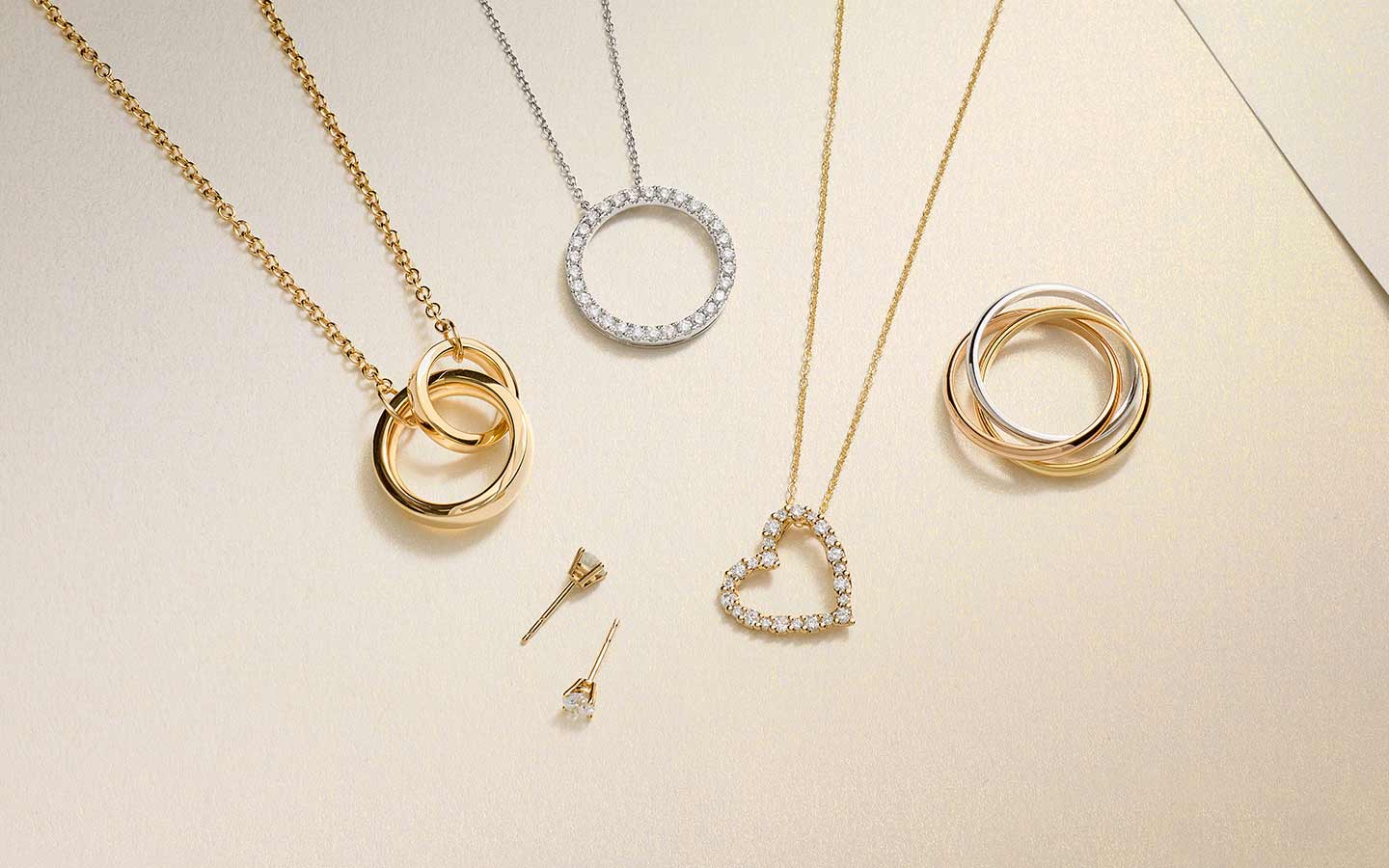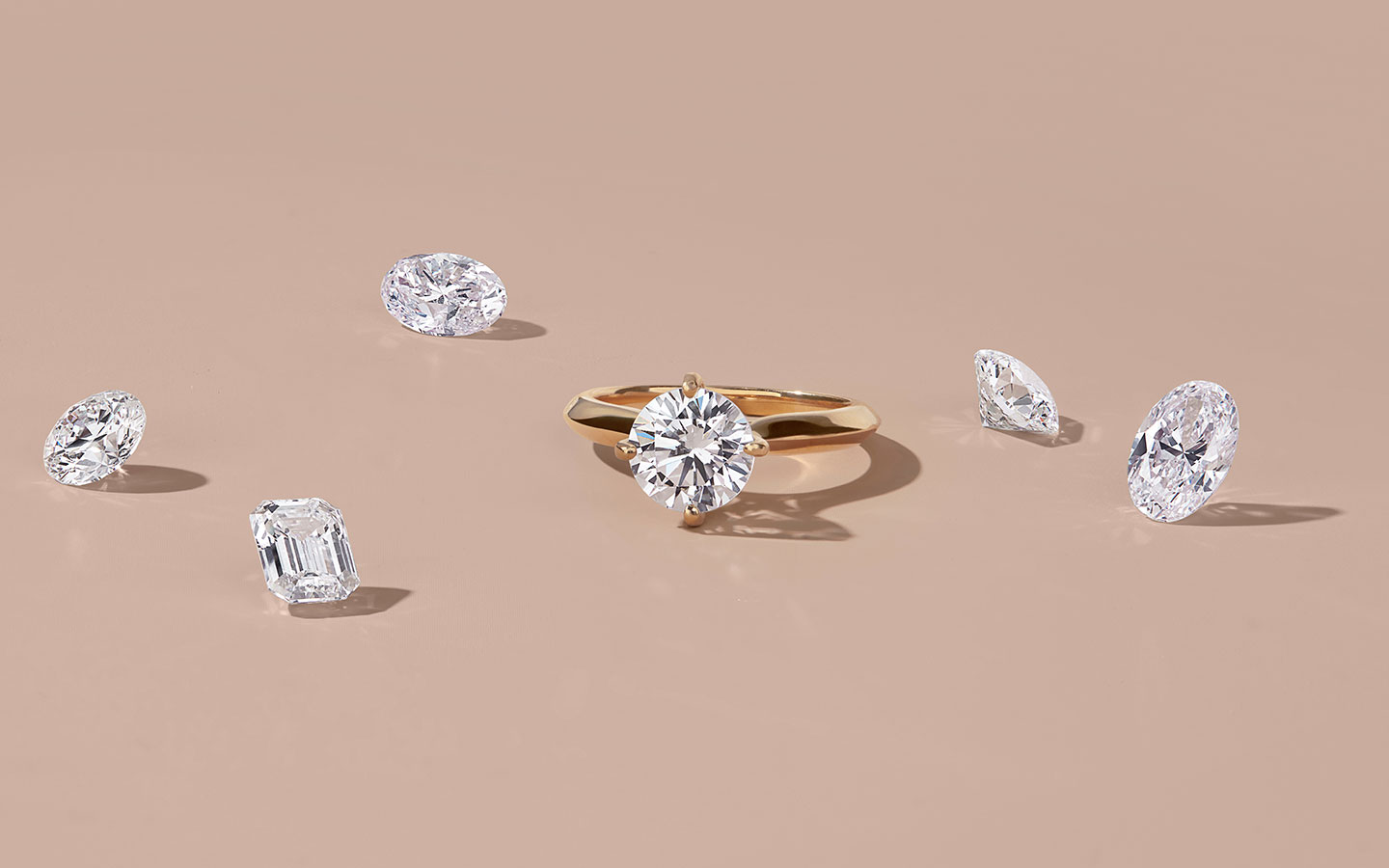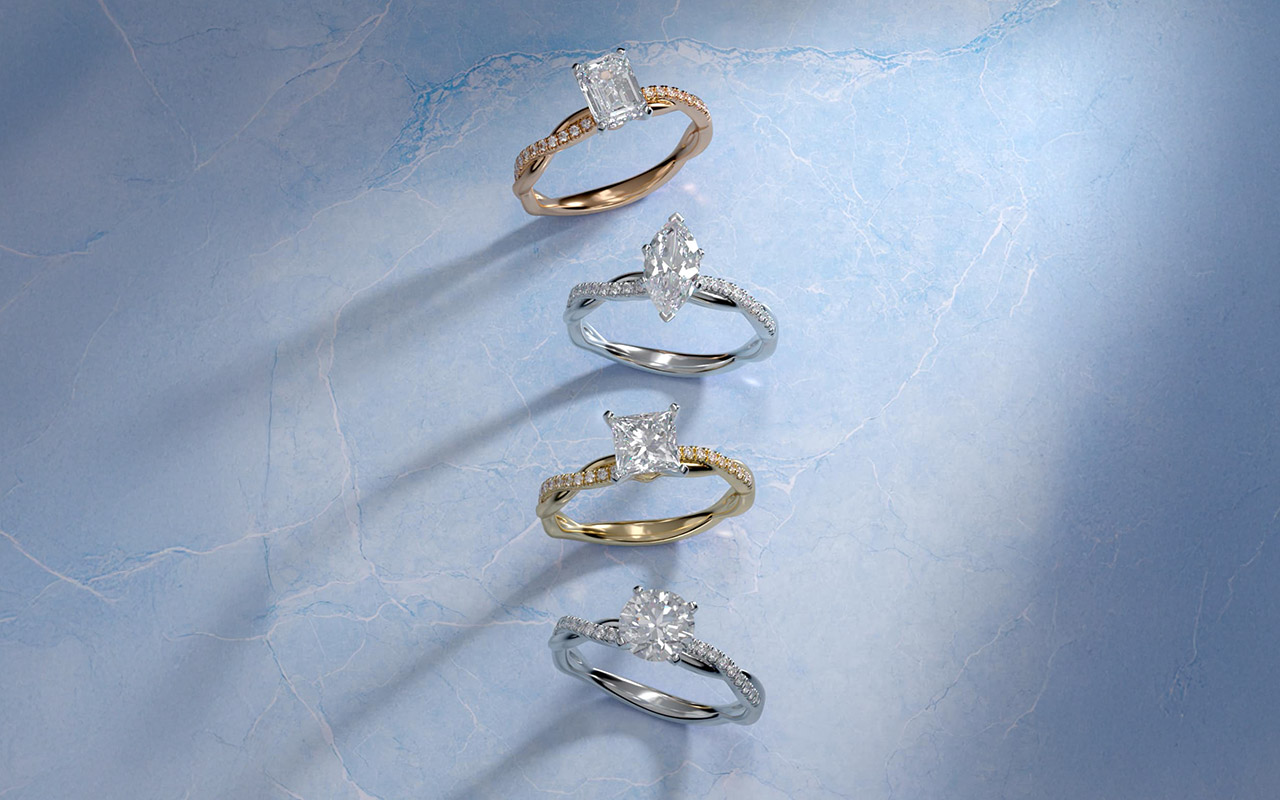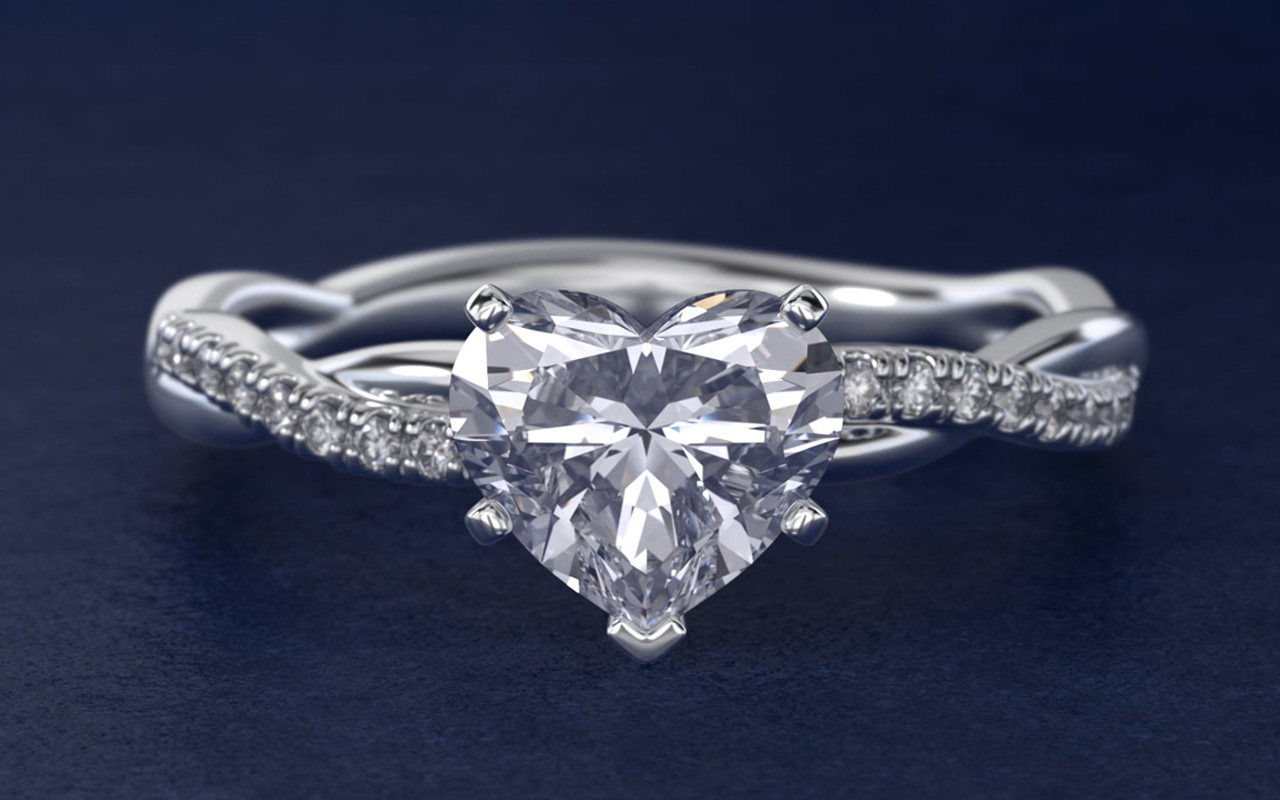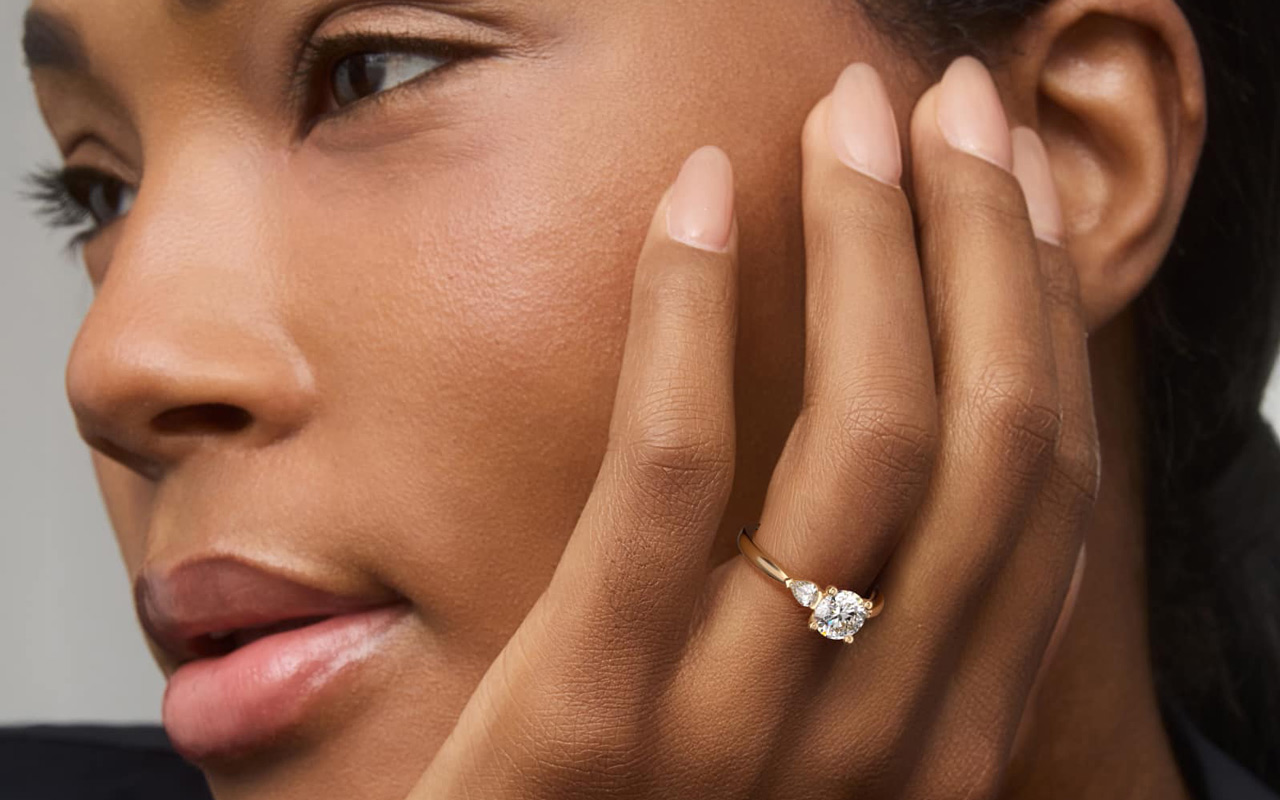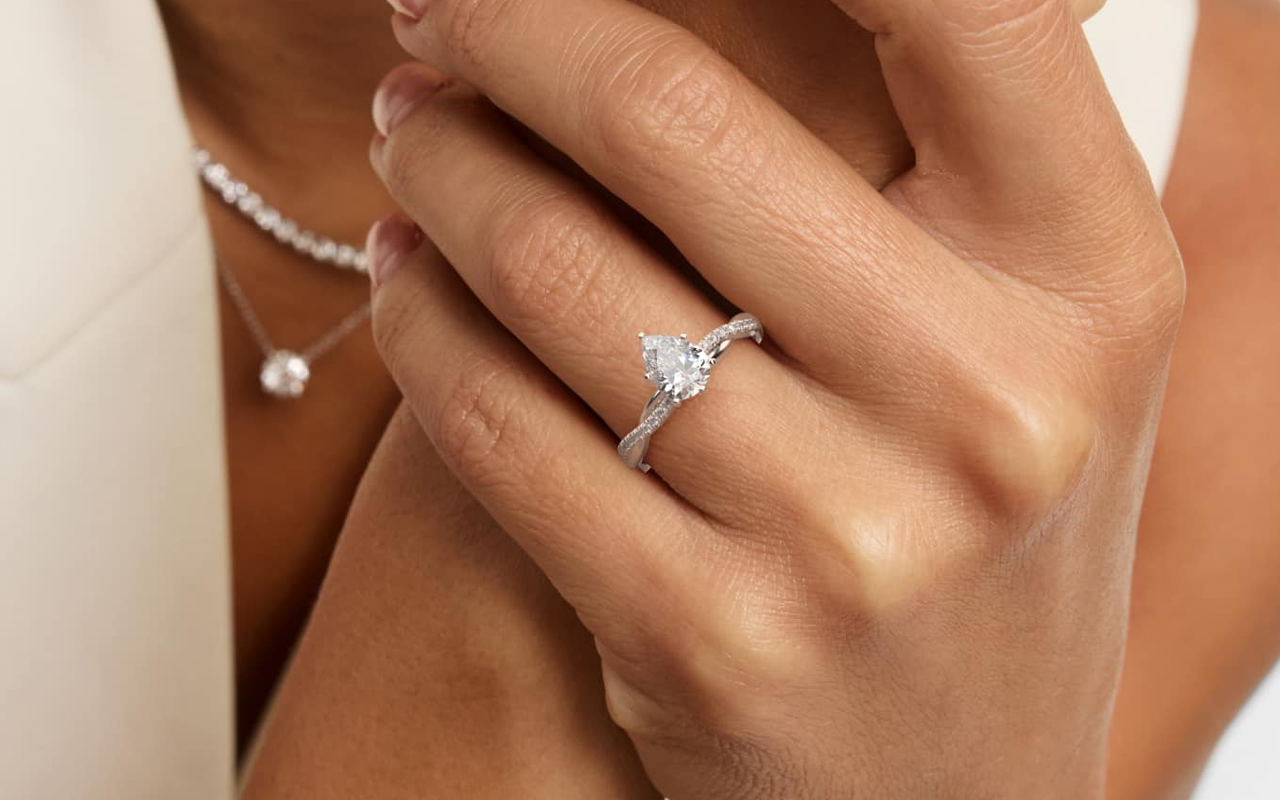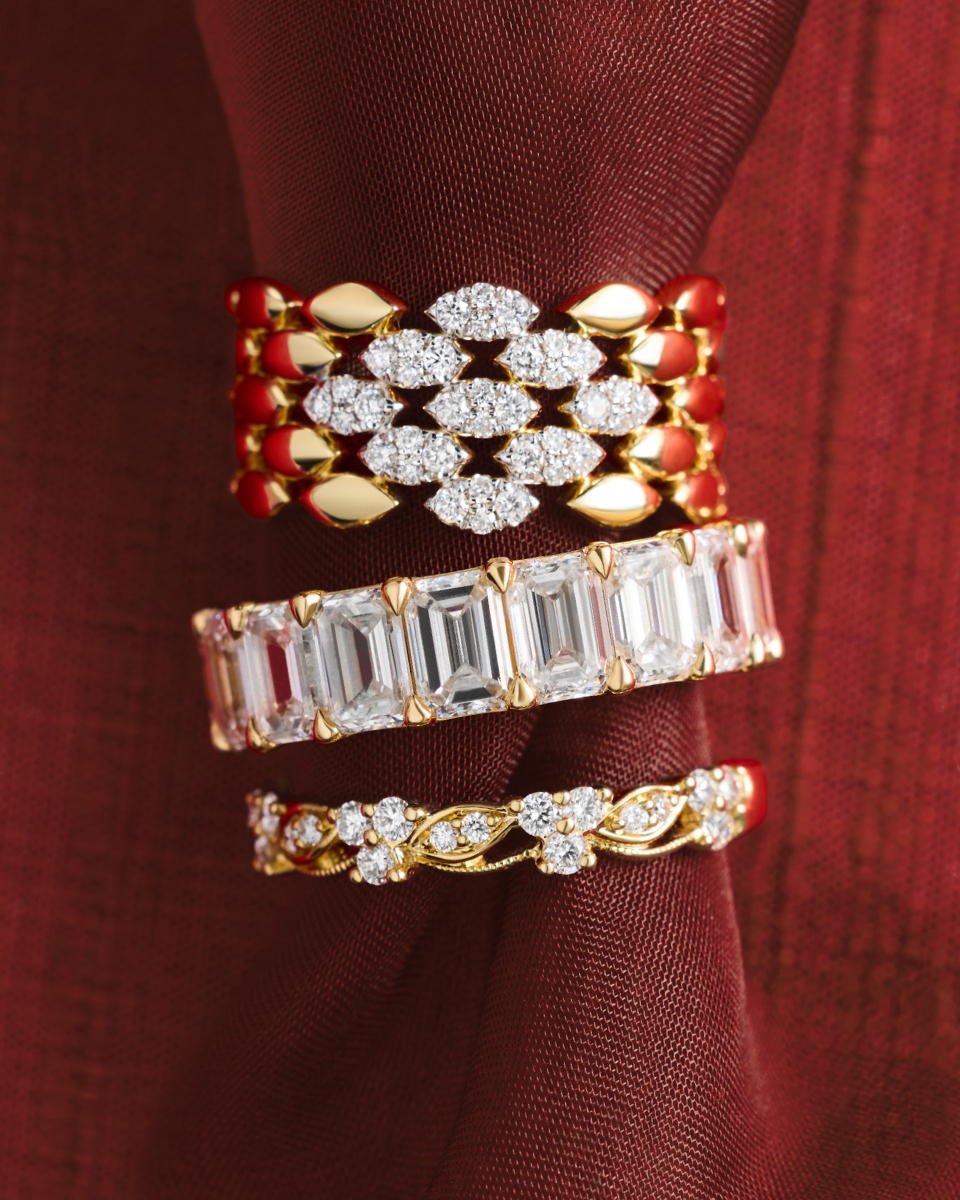The metal in a piece of jewelry can influence its style, price and durability. Popular jewelry metals like gold, silver, platinum, and tungsten all carry different strengths. Unique finishes can also influence an individual piece’s toughness.
If you’re looking for jewelry that can be worn frequently without worry, consider durable metals and designs. This includes 18k or 14k gold, sterling silver, solid platinum and various shades of tungsten.
Finding the Balance of Malleability and Strength
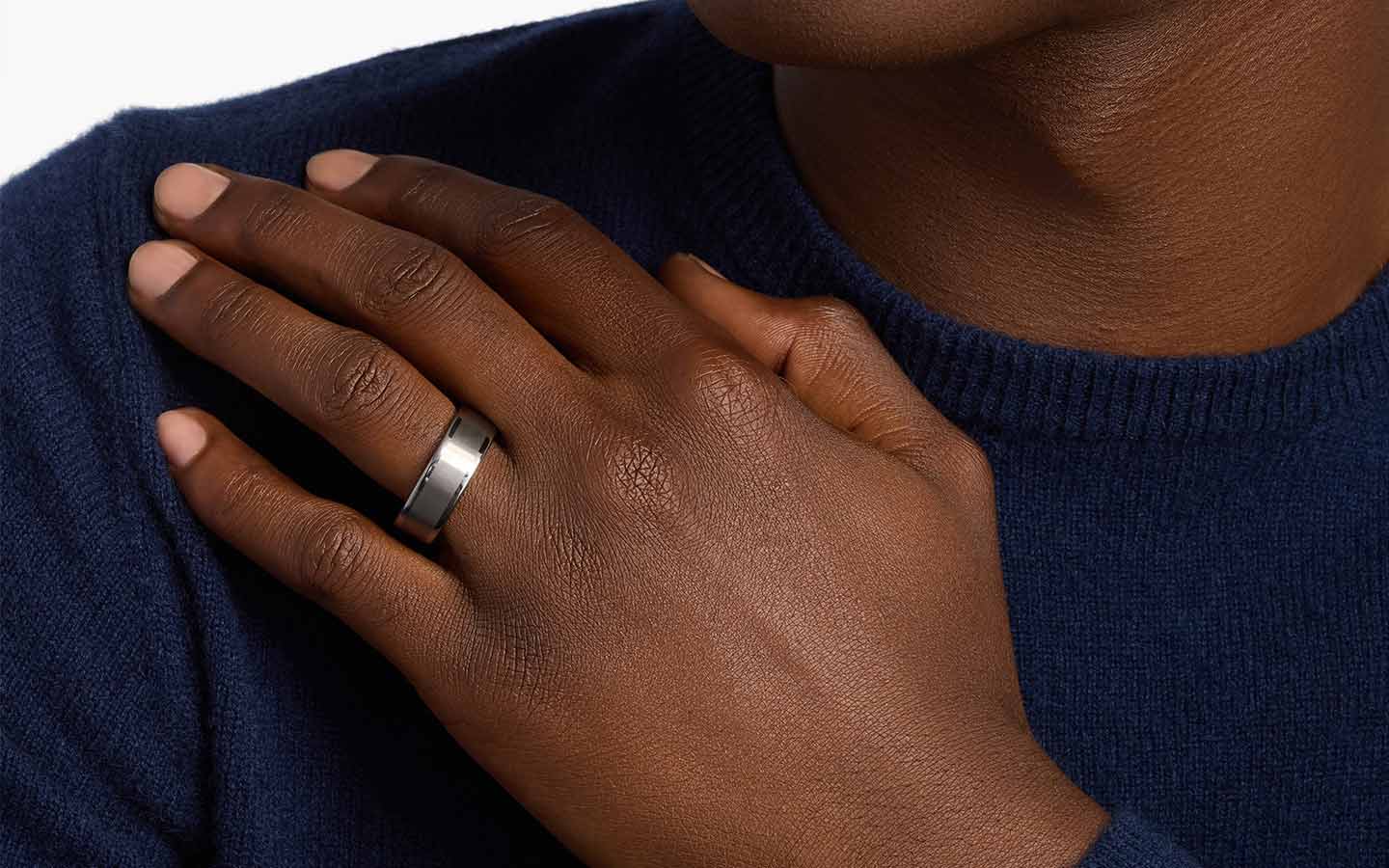
Jewelry metals need to be flexible enough for jewelers to craft beautiful pieces, but sturdy enough to be worn. They need to be malleable so that they can be transformed into shining jewelry. Metals like gold, 925 silver, platinum, and tungsten strike the right balance of strength and malleability.
Measuring Jewelry Metal Strength
Diamonds and gemstones are graded for their strength along the Mohs scale of hardness, which assesses a gemstone’s hardness and ability to withstand scratching by other gemstones. Diamonds are the toughest of all gemstones, as they can only be scratched by other diamonds.
While the Mohs scale is respected industry-wide for assessing the strength of many gemstones, the systems used to determine the durability of jewelry metals are more varied. The Brinell, Vickers and Rockwell Scales all measure the strength of metals by determining how easy they are to indent or pierce.
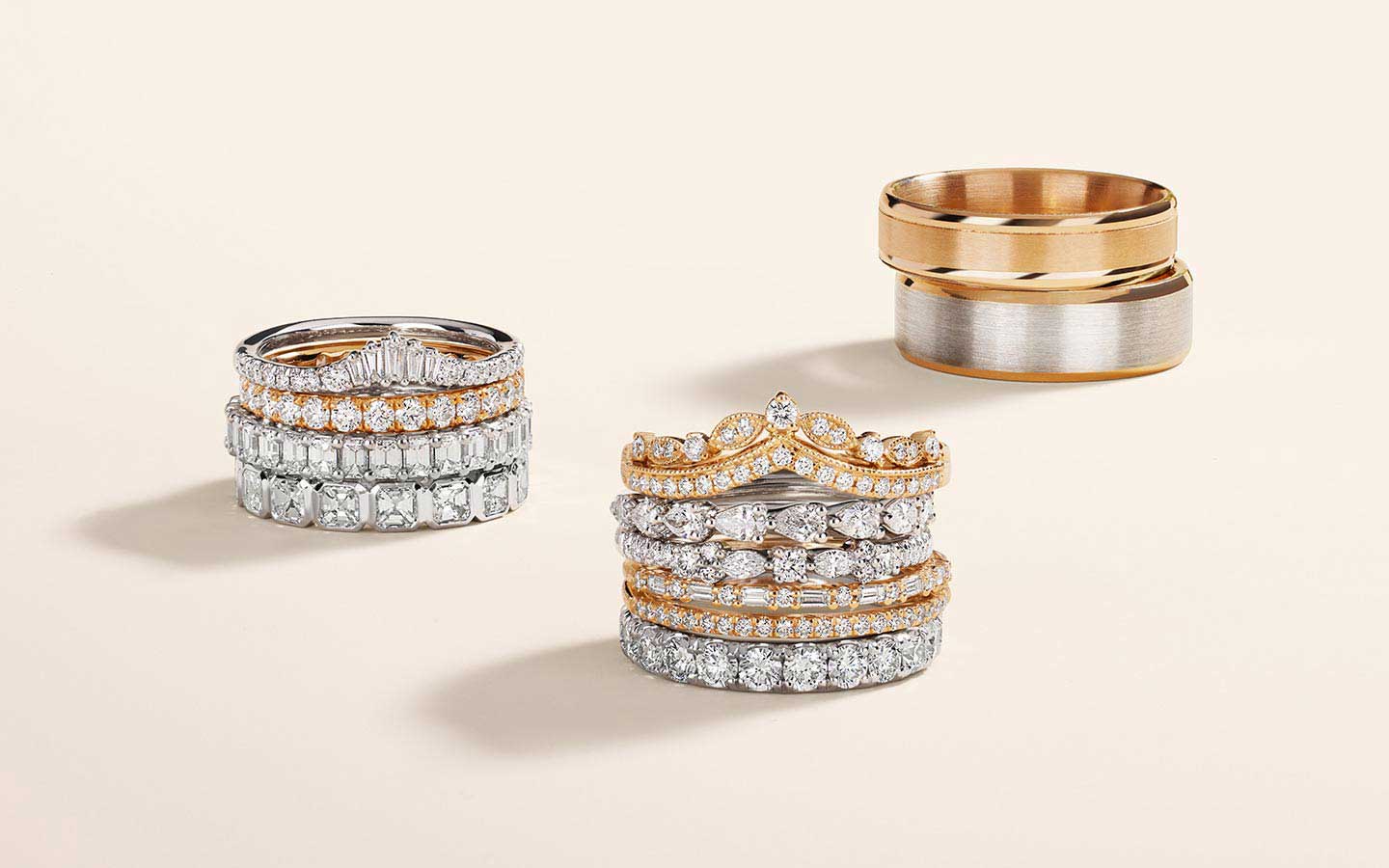
The Vickers scale is an especially popular technique for measuring metal durability because it provides a wide range of scores that are easy to understand. The higher a metal’s Vickers Pyramid Number (HV) or Diamond Pyramid Hardness (DPH) number, the tougher the metal.
Durable Jewelry Metals
Popular jewelry metals with high Vickers Scale ratings are especially strong for frequent wear. This includes:
- Sterling silver at around 75 HV
- Platinum at around 125 HV
- 18k or 14k gold at around 140-230 HV
- Tungsten at around 410-430 HV
The exact hardness of jewelry metal will depend on its composition, thickness and construction. Generally, the above metals can be worn daily without worry.
Delicate Jewelry Metals
Costume and fine jewelry pieces made from metals besides gold, silver, platinum, and tungsten may not be as durable. This includes pewter, copper, brass, and layered vermeil. These metals may be more prone to warping or scratching.
Precious metals can also be fragile if they are crafted in delicate designs. The thinner or lighter a piece of jewelry, the more fragile it may be. Rings with extremely thin bands, even ones made from genuine precious metals, may be more suspectable to damage than thicker bands.
Durable Jewelry Finishes

While the metals in engagement rings and other jewelry can impact their strength, the finish of the metals themselves can also impact the lasting beauty of a piece. Certain finishes require more care or upkeep than others.
The most durable jewelry finishes include:
- Matte
- Hammered
- Brushed
- Satin
The above jewelry finishes help to hide scratches with unique textures and designs. This makes non-polished jewelry finishes especially durable.
Delicate Jewelry Finishes
Smooth, polished jewelry surfaces will require more upkeep than textured finishes. This is because high polish and semi polish finishes show scratches much more easily than other styles.
Metal structure and color will also influence durability among finishes. For example, a high polish yellow gold wedding ring may show scratches more than the same design in white gold. This is due to differences in metal composition.
FAQs About Jewelry Metal Durability
The best jewelry metal is the one that matches your budget, style and jewelry care preferences. Gold, platinum, silver, and tungsten are popular durable metals for women’s and men’s jewelry.
Pure gold is an incredibly soft metal, so it is often alloyed with additional metals to improve its durability. Still, gold jewelry is suspectable to scratching by harder materials. You can keep your gold jewelry in shape by protecting it from harder materials.
Yes, platinum jewelry can scratch over time. Its density protects its durability overall, with platinum pieces forming a patina that many people enjoy.
Tungsten, sterling silver, gold, and platinum are some of the strongest fine jewelry metals. Stainless steel is also a popular choice for durable costume jewelry.
What to Do About Jewelry Wear and Tear
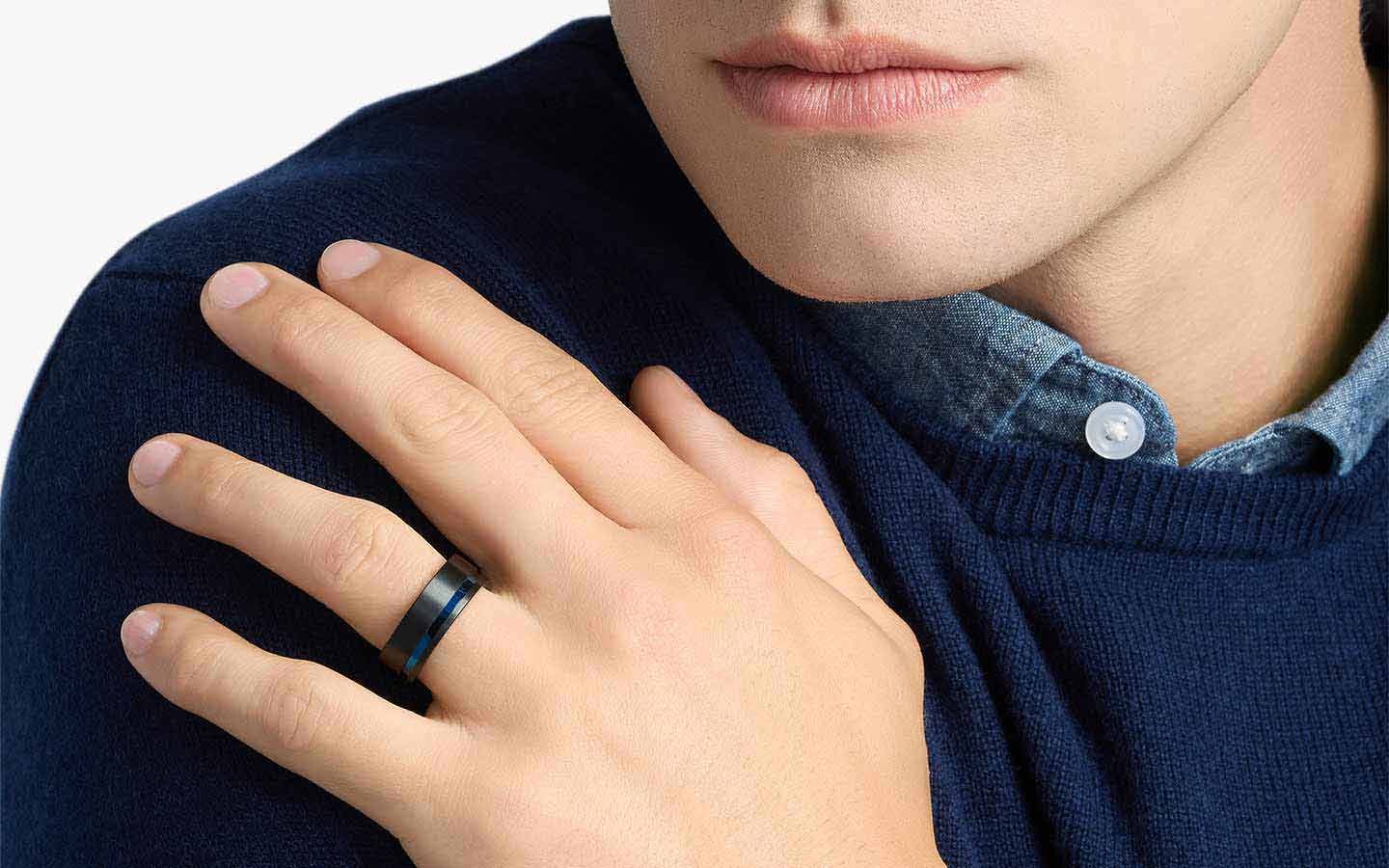
Many scratches can be buffed with at home jewelry polishing cloths. For stubborn scratches, visit your local jewelry store to have your pieces polished or repaired.

